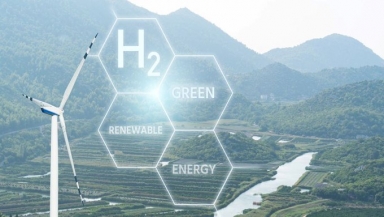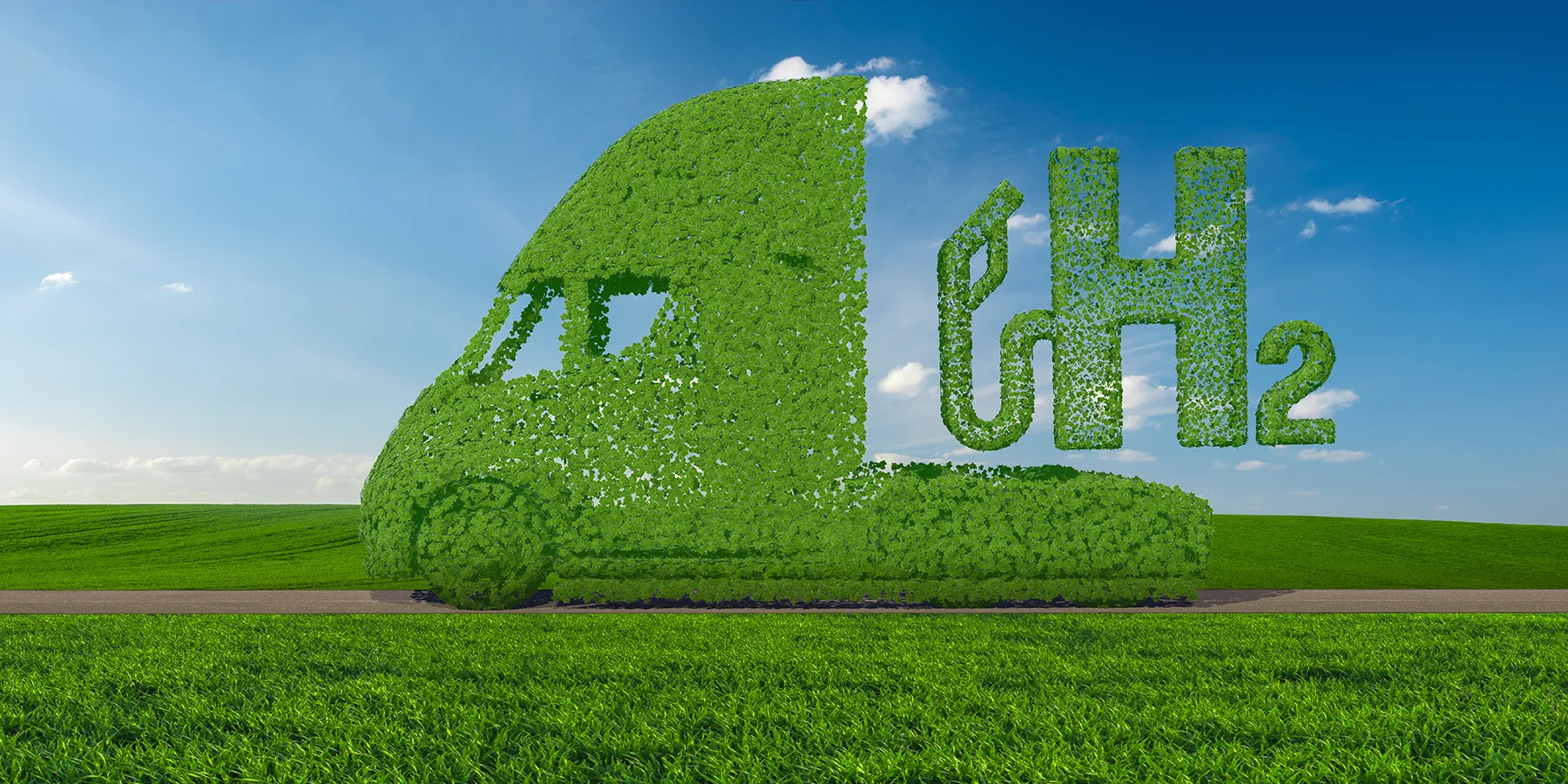NEOM Green Hydrogen Co. signed loan agreements with local, regional, and international banks and signed a letter of commitment with the Saudi Arabian Industrial Development Fund for the construction of a green hydrogen-based ammonia production plant.
The plant is located in the $500 billion NEOM gigaproject and will integrate up to gigawatts of solar and wind power to produce up to 1.2 million tons of green ammonia, which translates to up to 600 tons of carbon hydrogen per day. according to the press release.
NGHC, a joint venture between ACWA Power, Air Products, and NEOM, said the development will be the world’s largest green hydrogen-based ammonia production facility in 2026.They added that 100 percent of the green hydrogen produced is available for global export in the form of ammonia through a long-term exclusive agreement with Air Products.
CEO of NGHC David R. Edmondson said the company has a clear mission to leverage the expertise and vision of its partners to accelerate the global green hydrogen economy in line with Vision 2030.
“The recent gathering of the investment community in Riyadh is an important step towards the financial close set for early 2023 to deliver the world’s largest green hydrogen facility on a large scale.” “We are grateful for the significant support of our shareholders and the investment community to make this happen,” he said.

NGHC’s statement highlighted the agreement behind it.Global consulting firm MEED announced last month that NEOM is in talks with entities to invest $20 billion in the development of a proposed saltwater chemical complex in the industrial city of Oxagon.
Citing a close source familiar with the matter, MEED said the development will be built in phases and will require an investment of $15 billion to $20 billion.
According to the report, the goal of the chemical complex is to build industries and facilities that convert brine, the main residue from desalination, into industrial materials that can be used locally or exported internationally.
NEOM’s water and energy subsidiary, ENOWA, said the desalination brine is treated for the food industry, which uses ultrapure industrial salt, bromine, boron, potassium, gypsum, magnesium, and rare metals.
In September, ENOWA CEO Peter Terium told Arab News in an exclusive interview on the sidelines of the Future Desalination International Conference in Riyadh that NEOM will build a water desalination plant by 2023 to combat water shortages.
NEOM is Saudi Arabia’s most ambitious project as the kingdom seeks to diversify its economy in line with Vision 2030 goals. Construction of the project is steadily progressing in Tabuk Province, northwestern Saudi Arabia, and is expected to become one of the UK’s most popular tourist destinations when completed.




